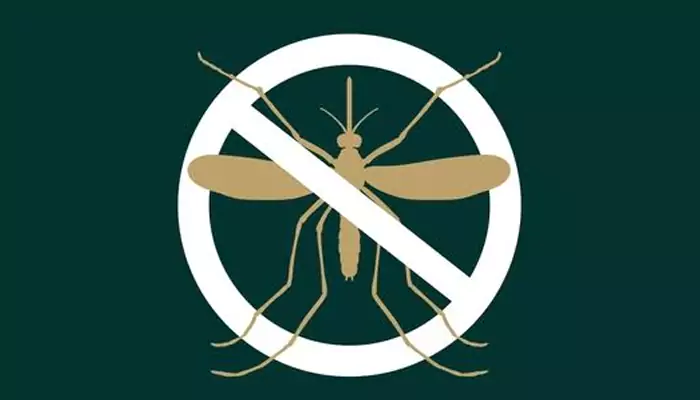
In today's fast-paced world, junk food has become an inseparable part of our daily lives. Despite the widespread knowledge of its adverse effects on health, the craving for junk food remains a common struggle for many.
This craving is not just a matter of weak willpower but is deeply rooted in the complex interplay of biological, psychological, and social factors. By understanding the science behind why junk food hooks us, we can develop strategies to combat these cravings and make healthier dietary choices.
The Biological Basis of Craving
At the core of our junk food cravings is the brain's reward system. Foods high in sugar, fat, and salt are particularly effective at stimulating this system, releasing neurotransmitters such as dopamine. Dopamine, often referred to as the "feel-good" neurotransmitter, plays a crucial role in the brain's reward circuitry. When we consume junk food, the brain associates these foods with pleasure and reward, creating a powerful incentive to repeat the behaviour.
Research has shown that this response to junk food can be so strong that it resembles the brain's reaction to addictive substances. A study published in "The American Journal of Clinical Nutrition" found that high-sugar foods could lead to behaviours and changes in the brain similar to those observed in substance addiction. This suggests that for some individuals, junk food can become genuinely addictive, making it difficult to resist.
The Role of Evolution
Our propensity for junk food can also be traced back to evolutionary mechanisms. Early humans lived in environments where food was scarce, and high-calorie foods were a valuable source of energy for survival. Our brains evolved to seek out and enjoy high-calorie, high-fat, and high-sugar foods as a survival mechanism. Although the modern world presents an abundance of food options, our brains are still wired to crave these energy-dense foods, even when they're no longer necessary for our survival.
Psychological Triggers

Psychological factors play a significant role in junk food cravings. Stress, boredom, sadness, and even happiness can trigger cravings for comfort foods. These foods often carry emotional significance, reminding us of pleasant memories, celebrations, or providing a sense of comfort during tough times. Emotional eating is a common response to stress and emotions, leading to the consumption of junk food as a way to self-soothe.
Furthermore, the power of advertising and societal influences cannot be underestimated. Junk food is often marketed through appealing advertisements that target our psychological vulnerabilities, promising instant gratification, fun, and social acceptance. These messages can influence our food choices, making it harder to resist cravings.
Environment and Habit
Our environment plays a crucial role in shaping our eating habits. Easy access to junk food, whether at home, in the workplace, or through 24/7 convenience stores, creates an environment where unhealthy choices are the easiest to make. Additionally, social settings, where junk food is often the norm, can make it challenging to opt for healthier options.
Habits also play a significant role. Repeated consumption of junk food can lead to habit formation, where reaching for a candy bar or a bag of chips becomes an automatic response to certain cues, such as watching TV or feeling stressed.
Strategies to Combat Junk Food Cravings
Understanding the multifaceted reasons behind junk food cravings is the first step in developing strategies to combat them. Here are a few approaches:
Mindful Eating
Healthy Alternatives
Stress Management
Environmental Control
Understanding and Resisting Marketing Influences
The craving for junk food is a complex issue influenced by biological, psychological, and environmental factors. By understanding the science behind these cravings, we can better navigate our choices towards healthier eating habits.












